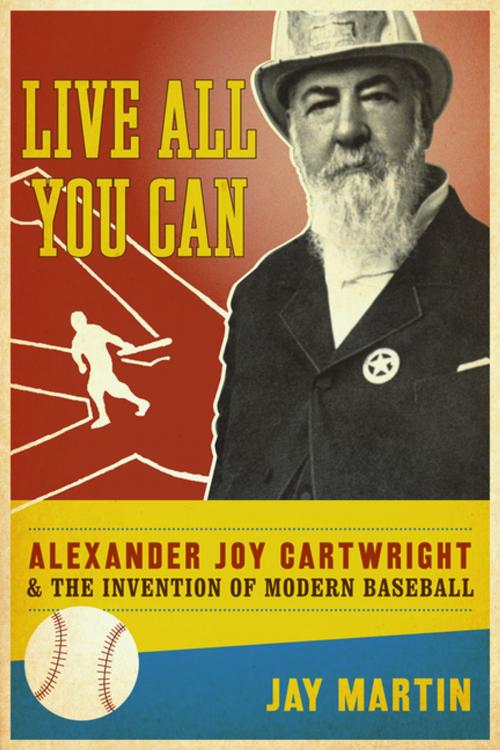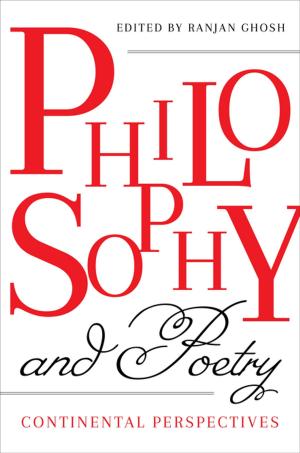Live All You Can
Alexander Joy Cartwright and the Invention of Modern Baseball
Nonfiction, Sports, Baseball, History, Biography & Memoir, Business & Finance| Author: | Jay Martin | ISBN: | 9780231519694 |
| Publisher: | Columbia University Press | Publication: | July 9, 2009 |
| Imprint: | Columbia University Press | Language: | English |
| Author: | Jay Martin |
| ISBN: | 9780231519694 |
| Publisher: | Columbia University Press |
| Publication: | July 9, 2009 |
| Imprint: | Columbia University Press |
| Language: | English |
Laying waste to the notion that Abner Doubleday established the modern game of baseball, acclaimed biographer Jay Martin makes a bold case for A. J. Cartwright (1820-1892), an entrepreneur, philanthropist, and avid ballplayer whose keen perception and restless spirit codified the rules of the sport and engineered its rapid spread throughout the country.
Consulting Cartwright's personal correspondence and papers, Martin shows how this American archetype synthesized a number of elements from popular ballgames into the program, bylaws, and positions we find on the field today. After formalizing his blueprint, Cartwright worked tirelessly to promote baseball nationwide, appealing to both upper- and lower-class spectators and ballplayers and weaving a trail of influence across nineteenth-century America.
Addressing the controversy that has roiled for years around the claims for Doubleday and Cartwright, Martin revisits the original arguments behind each camp and throws into sharp relief the competing ambitions of these figures during a time of aggressive westward expansion and unparalleled opportunities for individual reinvention. Martin's story of modern baseball not only offers a fascinating window into a thoroughly American phenomenon but also accesses a rare history of American ideals.
Laying waste to the notion that Abner Doubleday established the modern game of baseball, acclaimed biographer Jay Martin makes a bold case for A. J. Cartwright (1820-1892), an entrepreneur, philanthropist, and avid ballplayer whose keen perception and restless spirit codified the rules of the sport and engineered its rapid spread throughout the country.
Consulting Cartwright's personal correspondence and papers, Martin shows how this American archetype synthesized a number of elements from popular ballgames into the program, bylaws, and positions we find on the field today. After formalizing his blueprint, Cartwright worked tirelessly to promote baseball nationwide, appealing to both upper- and lower-class spectators and ballplayers and weaving a trail of influence across nineteenth-century America.
Addressing the controversy that has roiled for years around the claims for Doubleday and Cartwright, Martin revisits the original arguments behind each camp and throws into sharp relief the competing ambitions of these figures during a time of aggressive westward expansion and unparalleled opportunities for individual reinvention. Martin's story of modern baseball not only offers a fascinating window into a thoroughly American phenomenon but also accesses a rare history of American ideals.















